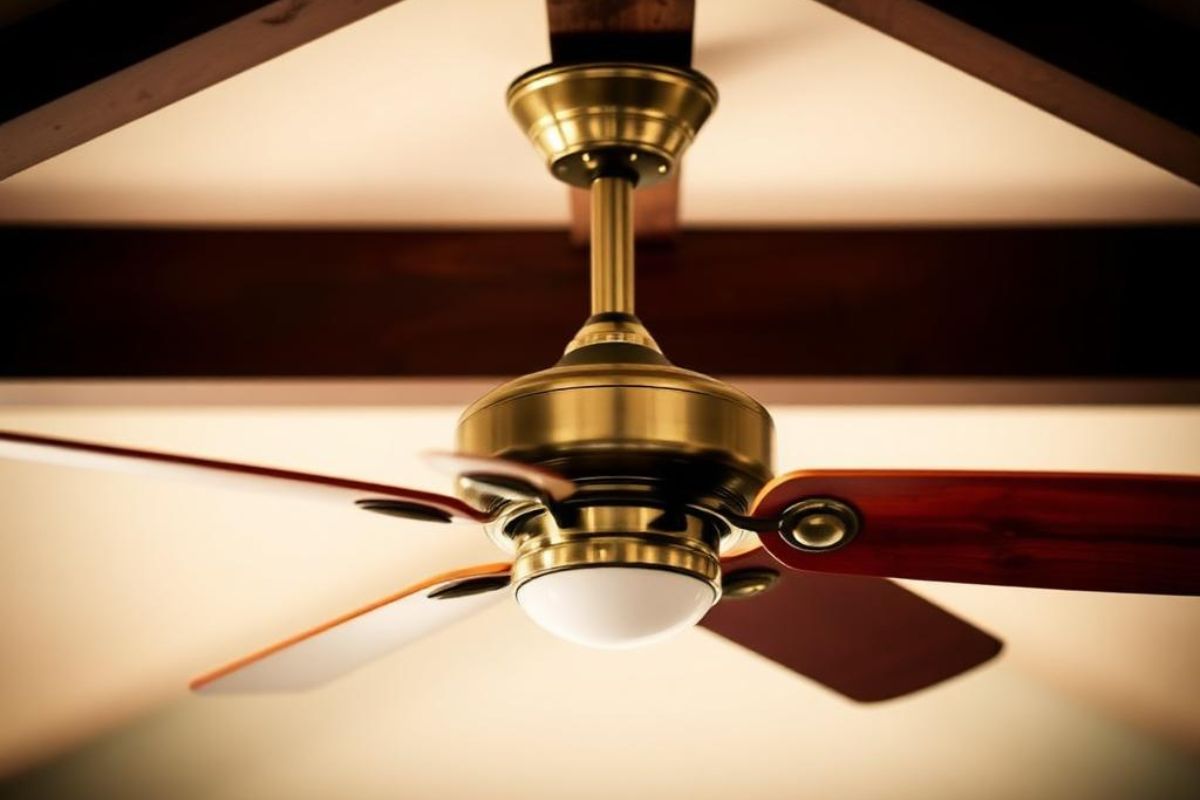AC Protection 101: Preventing Pest Damage to Your Cooling System

Your air conditioning system is a true lifesaver when it comes to keeping your home comfortable during the summer. But in Olympia, WA, pests and insects can pose a major threat to your AC system. These uninvited guests might not only disrupt your unit's performance but also lead to costly damages. Understanding how to protect your air conditioning from these problems can save you time, money, and frustration. This guide will walk you through actionable ways to safeguard your AC system while helping you recognize when you might need air conditioning repair services.
Why Pests Target Your AC System
Your air conditioning system provides the perfect space for some common Olympia pests to thrive. Warm air, moisture, and sheltered spaces often attract rodents, insects, and even birds. Ants, for instance, are notorious for infiltrating electrical components within AC units. Rodents may chew on important wiring; even larger pests like bees have been known to build hives inside outdoor units.
Beyond causing physical damage to your AC system, pests can also reduce efficiency. Clogged vents or frayed wires might make your unit work harder than it should, leading to higher energy bills and more frequent breakdowns. Ignoring pest-related warnings can leave systems beyond regular servicing and require emergency air conditioning repair Olympia WA solutions.
Tips to Safeguard Your Air Conditioner from Pests
While pests lurking around your AC system might seem unavoidable, there are proactive steps you can take to minimize the risk. Below are solutions that Olympia homeowners can implement to keep their air conditioning systems pest-free.
.png)
Inspect and Seal Entry Points
Seal all gaps and openings properly to prevent insects and rodents from sneaking into your AC system. Check your unit's casing, ductwork, and vents for even the smallest cracks. Caulk or sealants can be effective for small holes around the unit, while wire mesh can be an excellent barrier for exposed vents. Ensuring no easy access to your system can drastically reduce pest problems.
Keep the Area Around Your Outdoor Unit Clean
Pests often nest in overgrown shrubs, stray leaves, or piles of debris near your outdoor AC unit. One effective way to safeguard your system is to trim back overgrown bushes and keep the area clean and clear of debris. A well-maintained space lowers the chances of pests near your system and can improve its airflow and performance.
Utilize Pest-Repelling Solutions
Some Olympia homeowners rely on pest control products designed to deter invasions near their AC systems. For example, specialized sprays around the base of your outdoor unit can keep ants at bay, while ultrasonic devices may discourage rodents from coming near. Another simple yet effective option is to place fragrant herbs like mint or lavender near the unit, as these naturally repel many insects.
Regularly Check for Signs of Pest Activity
Catching pest activity early can prevent minor issues from escalating into major damage. Signs to look for include chewed wires, droppings, insect nests, or unusual smells emanating from your system. Additionally, if you notice inconsistent performance, this could also signal pest-related problems. If any of these symptoms surface, consider contacting air conditioning repair Olympia, WA, technicians to assess your unit.
Invest in Routine AC Maintenance
Preventive maintenance by HVAC professionals is one of the safest ways to ensure pests have not started nesting inside your system. During routine check-ups, technicians inspect your unit for vulnerabilities and remove debris or infestations. Maintenance often includes cleaning the system, checking for proper seals, and addressing wear-and-tear areas that might attract pests.
Install Protective Barriers
Exterior barriers like cages made of durable materials can shield your outdoor unit. These enclosures are particularly beneficial if your home is in a wooded area or prone to rodent issues. Protective screens over any exposed vents or air intakes also ensure that pests such as birds or small mammals cannot slip inside.
.jpg)
When to Call for Professional Help
Despite your best efforts, there may come a time when pests severely impact your AC system. Here is when you should call for air conditioning repair services in Olympia, WA.
- Loss of Cooling Efficiency: When pests clog your vents or ducts, you may notice a drop in your AC's cooling performance.
- Electrical Issues: If you experience frequent circuit trips or notice that your unit will not power on, rodent damage to wiring could be to blame.
- Unpleasant Odors: Foul odors from your vents may indicate pests have nested or gotten stuck somewhere within the system.
- Unexplained Noises: Strange sounds might be a sign that animals are trapped or chewing on internal components.
Enlisting the help of local HVAC professionals ensures your AC system gets the expert attention it needs. By diagnosing and resolving pest-related issues, they can restore full functionality to your system while preventing further damage.
.png)
Protect Your AC and Your Comfort
A pest-free air conditioning system is not just about avoiding costly damage—it also ensures your home remains cool and comfortable during the warm months in Olympia. By taking preventive measures like keeping your outdoor unit clear, sealing gaps, and conducting regular inspections, you are well on your way to avoiding unwanted intrusions.
However, if pest-related damage arises, do not hesitate to contact trusted HVAC professionals for air conditioning repair services. With the proper care and attention, your AC system can provide reliable comfort for years.







.jpg)

